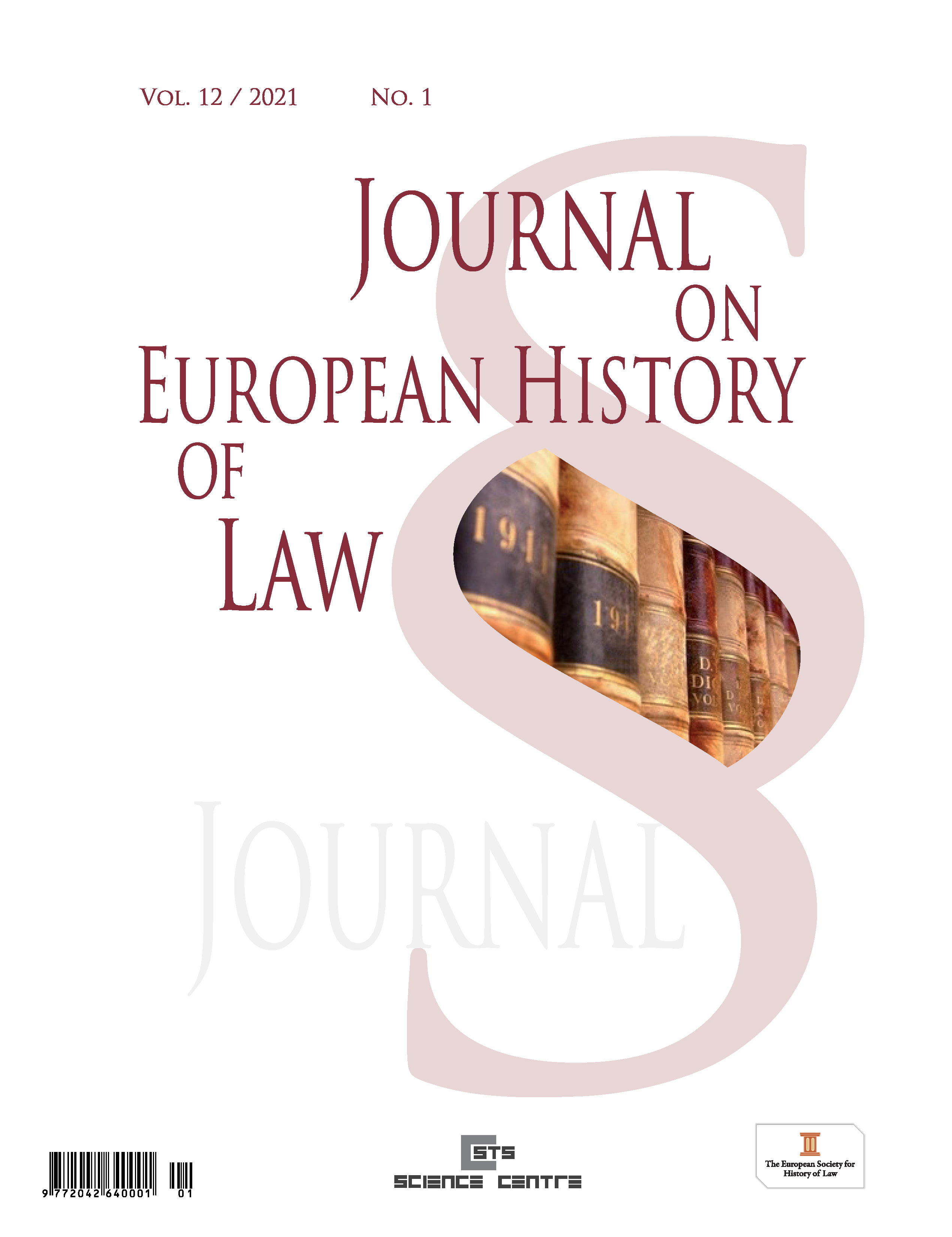Sozialer Wandel und soziale Stellung in Chinua Achebes Things Fall Apart sowie Kazuo Ishiguros Remains of the Day – Teil II.
Social Change and Social Standing in the Novels Things Fall Apart from Chinua Achebe and The Remains of the Day from Kazuo Ishiguro – Part II.
Author(s): Kerstin RuppSubject(s): History, Literary Texts, Law, Constitution, Jurisprudence
Published by: Evropská společnost pro právní dějiny, z.s.
Keywords: Chinua Achebe; Things Fall Apart; Tribal Society; Nigeria; Colonialism; Imperialism; Missionaries; Ibo; Kazuo Ishiguro; The Remains of the Day; Social Change; Social Position; Status; Hierarchy; Engla
Summary/Abstract: The following text deals with the topic social change and social standing in the novels Things Fall Apart from Chinua Achebe and The Remains of the Day from Kazuo Ishiguro. Both authors describe the change in parts of the Nigerian rather English society within a range of three generations. Achebe concentrates on a period between the middle of the 19th up to the beginning of the 20th century. He concentrates on the ethnic group of the Ibo. Considering exogenous factors like colonialism and missionary efforts as well as endogenous factors he describes the fundamental changes within the tribal society. Ishiguro`s novel, beginning at the end of the Victorian Age, observes the changes in the English class system through the eyes of a loyal butler. Two world wars accompanied by radical social change result in big, formerly inconceivable, changes in social hierarchy.
Journal: Journal on European History of Law
- Issue Year: 12/2021
- Issue No: 1
- Page Range: 185-207
- Page Count: 23
- Language: German

